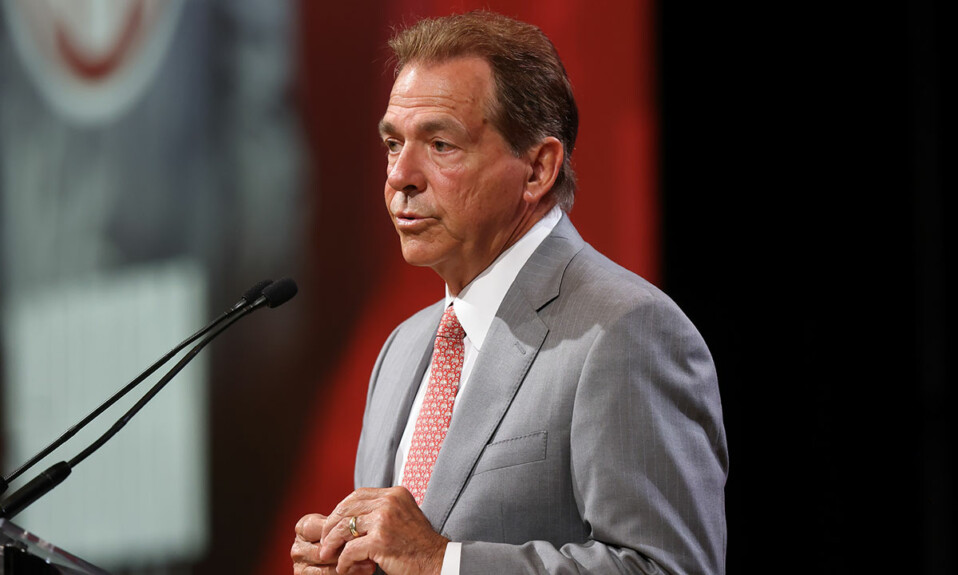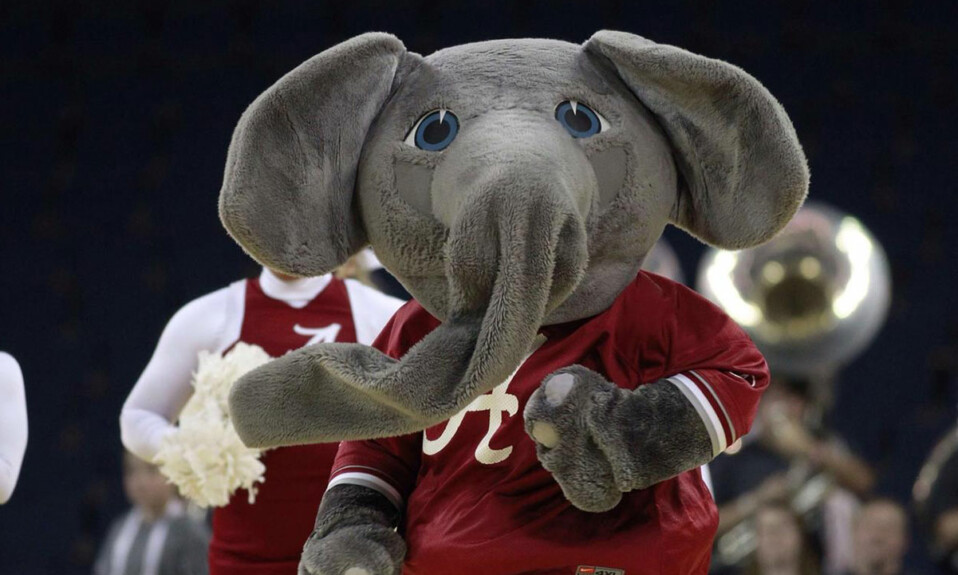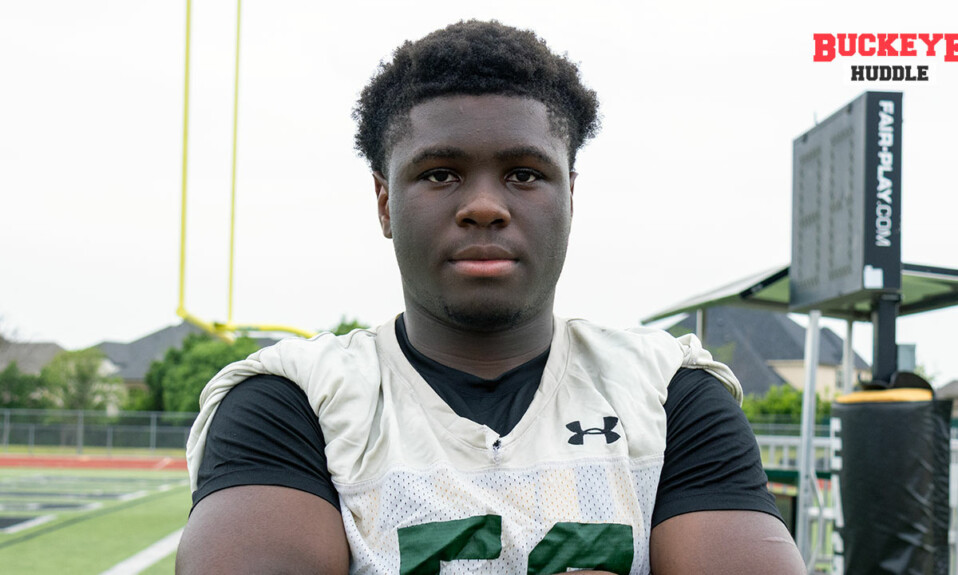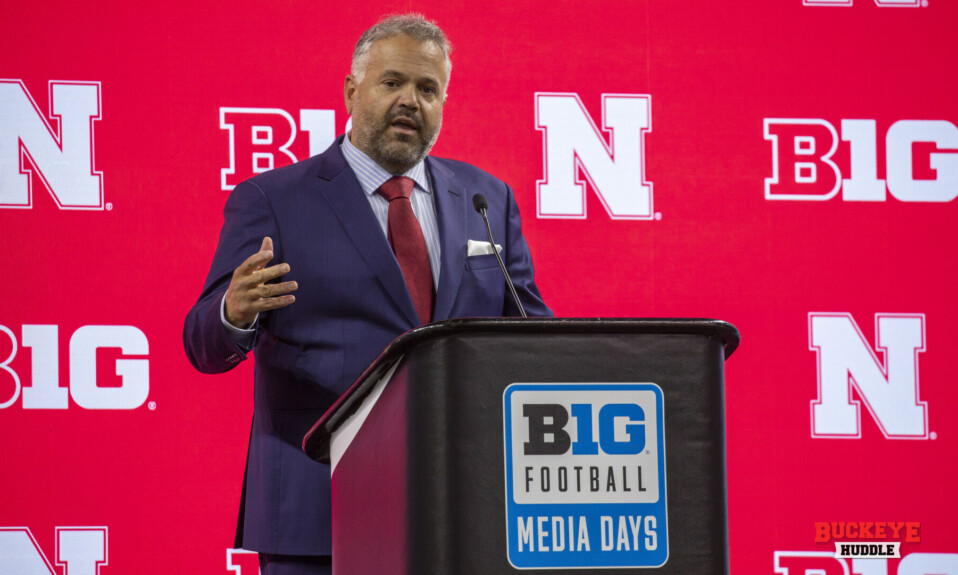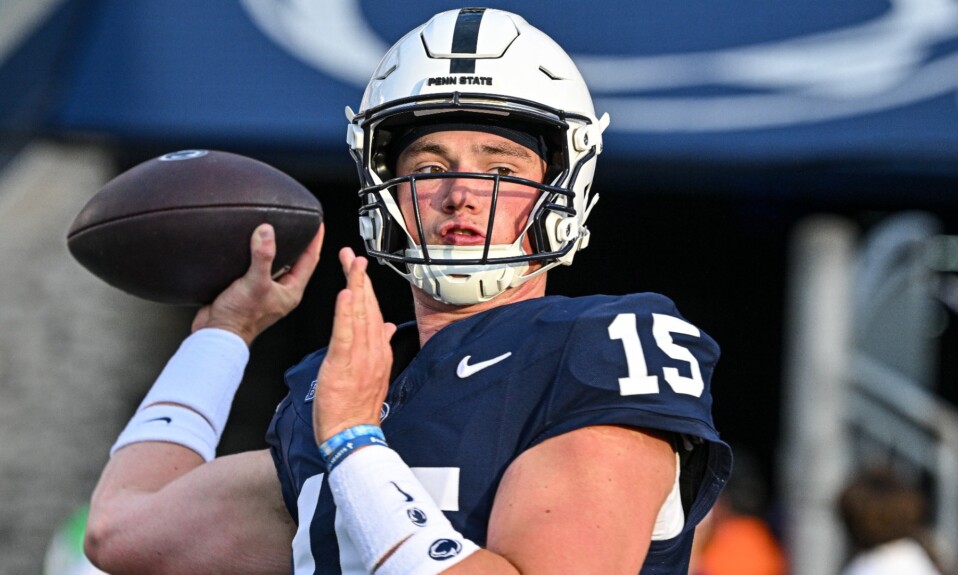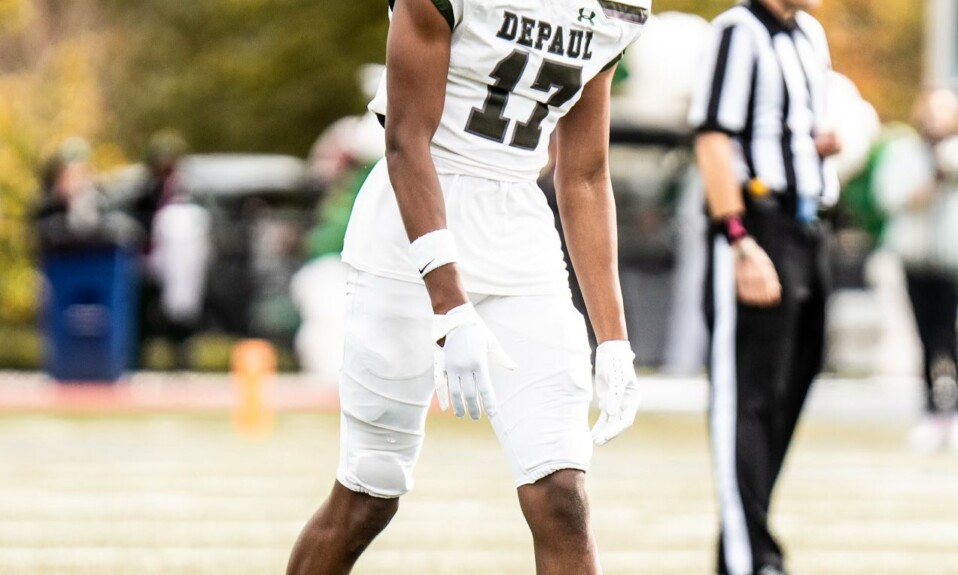Nick Saban brought prestige upon the University of Alabama.
Long before he arrived in Tuscaloosa, Saban was building a coaching dynasty. It wouldn’t be realized for some time after he started his coaching career, though it wouldn’t have happened any other way.
Saban started his head coaching career at Toledo on Dec. 22, 1989. He went 9-2 in his lone season before heading back to the NFL where he’d already spent two years with the Houston Oilers from 1988-89.
And 35 years later, on Jan. 10, his retirement shook the college football world.
“I don’t think there’s any good time especially when you’re a coach because once you’re a coach you think you’re going to be a coach forever,” Saban told Rece Davis of ESPN. “But I actually thought that in hiring coaches, recruiting players, that my age started to become a little bit of an issue. People wanted assurances that I would be here for three years, five years, whatever, and that got harder and harder for me to be honest about.”
After a season in which Alabama won the Southeastern Conference Championship following a 4th and 31 conversion at Auburn and a dethroning of Georgia’s 29-game winning streak, Saban said last season “was grueling.”
“It was a real grind for us to come from where we started to where we got to,” Saban said. “Took a little, little more out of me than usual, and when people mention the health issue, it was really just the grind of can you do this the way you want to do it? Can you do it the way you’ve always done it, and be able to sustain it and do it for the entire season? And if I couldn’t make a commitment to do that in the future, the way I think I have to do it, I thought maybe this was the right time based on those two sets of circumstances. That, like I said, there’s never a good time. But I thought maybe this was the right time.”
Saban gave no indication prior to the 2023 season that it might be his last as head coach. But after his eighth appearance in the College Football Playoff, Saban decided it was the right time to retire.
He said his role “was a little different this year” in terms of coaching, noting that he spent more time focusing on the defense.
“Had to be more involved with the defense, that took a little more time, put a little more stress on me, made me feel like, maybe I wasn’t doing as good a job as I needed to in other parts of our team,” Saban said. “I just have a high standard for how I do things. And if I can’t, if I don’t feel like I’m living up to that standard, I’m really disappointed.”
Over the past several years in particular, college football has seen notable drastic change involving aspects such as the transfer portal and Name, Image and Likeness.
None of those aspects had an effect on Saban’s decision to retire, he said.
“You know, I’ve always been one that no matter what’s happened through the years, whether they went no huddle and you had to adapt to it, they threw RPOs and you had to adapt to it, we had a changing environment in college football,” Saban said. “My thing was always don’t complain about it, try to figure out what the best solution is so that you can compete well in whatever the environment is. And that’s always the approach that I’ve taken and the situation and circumstances that we’re in. But I will be dedicated to college football and the future of college football and trying to make that sport — as well as other sports and collegiate athletics and whether they’re revenue producing or not because I think they all create opportunities for lots of people — I’m going to be an advocate for trying to make the game as good as it can be.”
It took conversations with his wife, Miss Terry, and numerous student-athletes before Saban settled on his decision to retire.
Saban said conversations with players such as Malachi Moore and Caleb Downs “were probably the most difficult” because of the special relationships he’s forged over time.
Saban said the areas he’d like to see growth is around the participation aspect of college athletics and to “improve the quality of life of the participants.” In being an advocate for student-athletes, Saban can assume that role immediately.
Saban isn’t the only legendary coach to leave his post. In the NFL, Bill Belichick and Pete Carroll left their head coaching positions with the New England Patriots and Seattle Seahawks, respectively, after more than a decade at the helm.
Saban said he’s noticed the change sweeping across all levels of football, and to him, he sees how special it is.
“I think it’s a tribute because I think it’s much more difficult to sustain success than it is to build a program, to take a 3-8 team and in three or four years make it a successful program,” Saban said. “I think to do it for a long time because people don’t react well to success. They react much better to failure. They’re more willing to change their ways, they’re more willing to develop the habits they need to develop to be successful. But when you’ve climbed the mountain successfully several times you become the mountain so therefore everybody’s shooting at you, everybody wants to beat you, everybody circles that game on their schedule as this is the game that we want to make sure we’re ready for and win.”
So while Saban will enter retirement and former Washington head coach Kalen DeBoer will succeed him, it’s not like Saban won’t still be around.
He’ll have an office at Alabama and a chance to be around the program almost as much as he has been. Saban wants to still be part of college football, and the Crimson Tide are affording him that opportunity.
And in the many opportunities Saban has created and taken, he still wants to inspire change and make an impact on someone else.
“We want to continue to do those types of things in the community, build houses for people,” Saban said. “It’s just part of having compassion for other people and trying to be helpful, and one of the things that make me sort of most proud is the number of players, whether it was Tua (Tagovailoa), Mac Jones, Bryce (Young), whoever it was, that I saw them working on houses for Miss Terry on a Saturday to build a house for some needy family, and now they all have foundations themselves and they’re dedicated to helping other people. So that’s one of my proudest moments as a coach that because those guys were involved in helping people here and doing things in the community that had an impact to help someone else have a better quality of life, they chose to do that in their future.”
